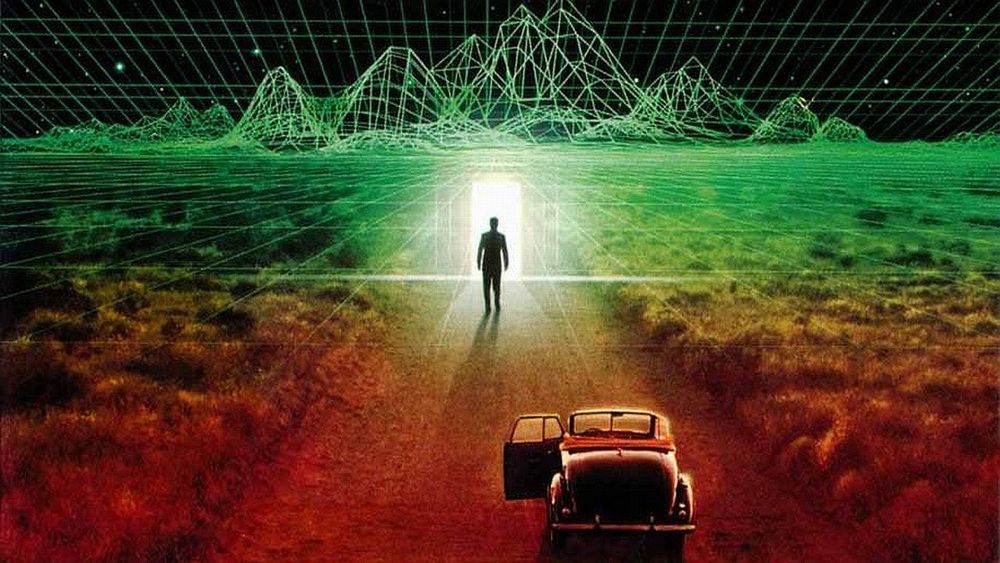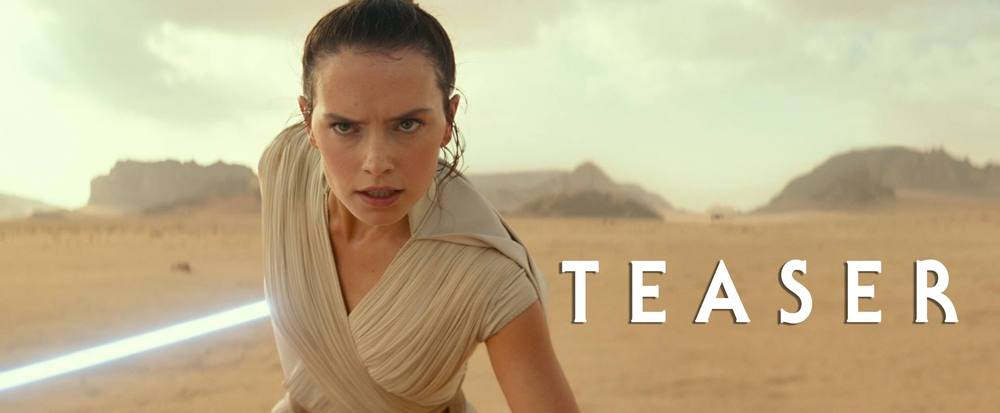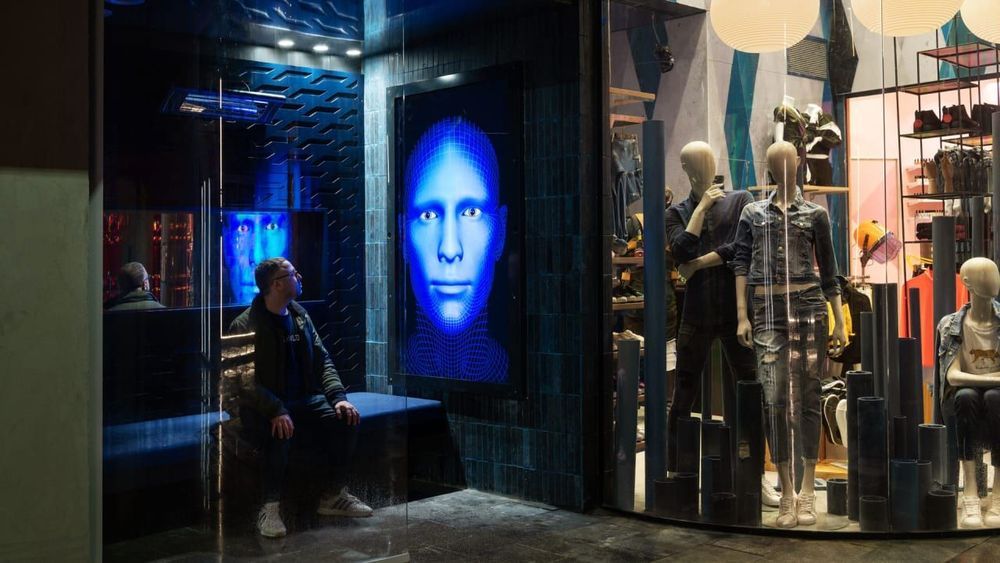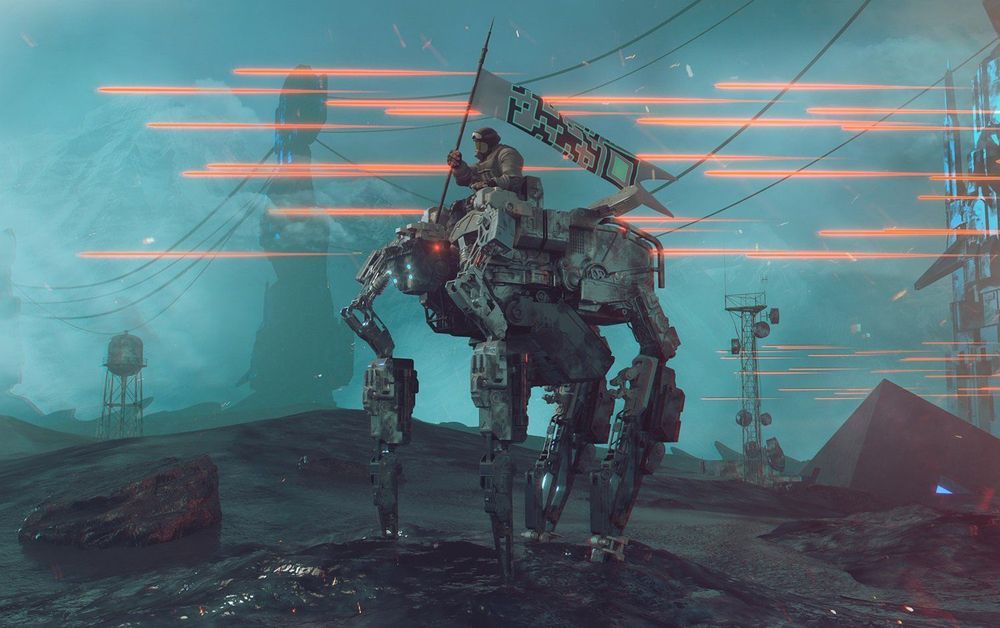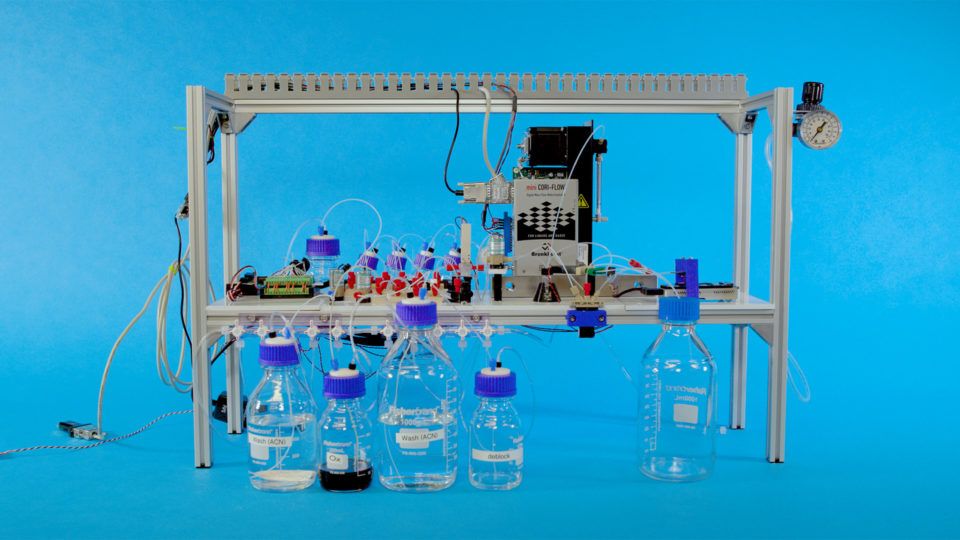The rumors were true. Microsoft has announced an Xbox variant with no optical disc drive called the Xbox One S All-Digital Edition. It looks the same as any other Xbox One S with the important distinction that there’s no drive slot on the front. Microsoft will push game downloads, and it’s including a few of them free with the console. That might nudge some people to drop $250 on the device when it launches in a few weeks, but the pricing still seems too high.
Without the optical drive, Microsoft’s new game console won’t be able to play your existing game discs or Blu-ray movies. However, any digital Xbox content you own will be available on the All-Digital Edition. This seems mainly like a play to attract new gamers who don’t have a giant library of now-useless discs. It also ties neatly into the recently unveiled Game Pass subscription and xCloud game streaming tech.
The All-Digital Edition console comes with free downloads of Sea of Thieves, Forza Horizon 3, and Minecraft. Microsoft also stresses that all your games, saves, and backups are available in the cloud. You’ll just need a speedy internet connection to access them on short notice. You can at least pre-load new games on the All-Digital Edition to start playing them as soon as they’re live. That might be even faster than popping in a disc that requires installation and patching on launch day.

